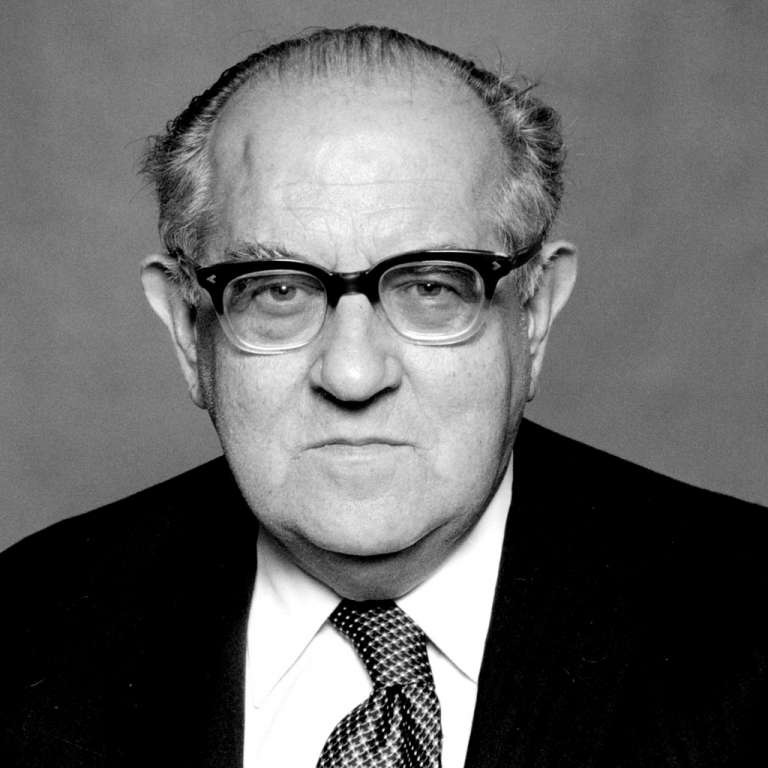24
CHRISTIAN BRODA
AUSTRIA
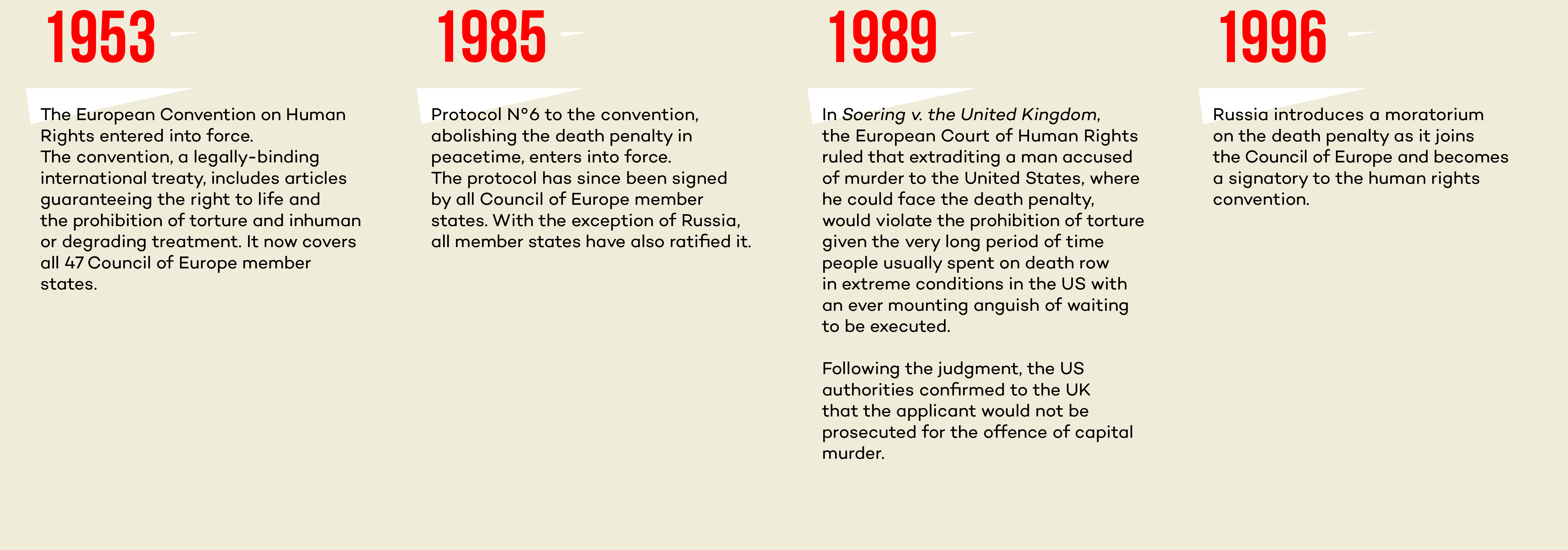
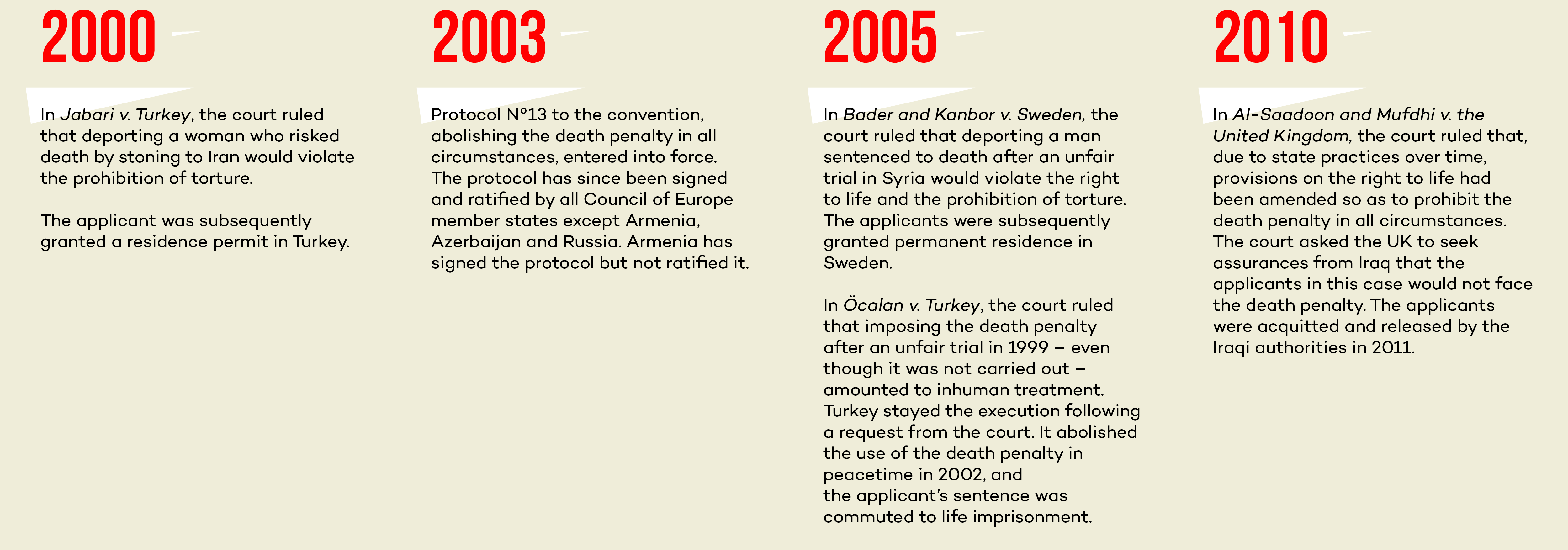
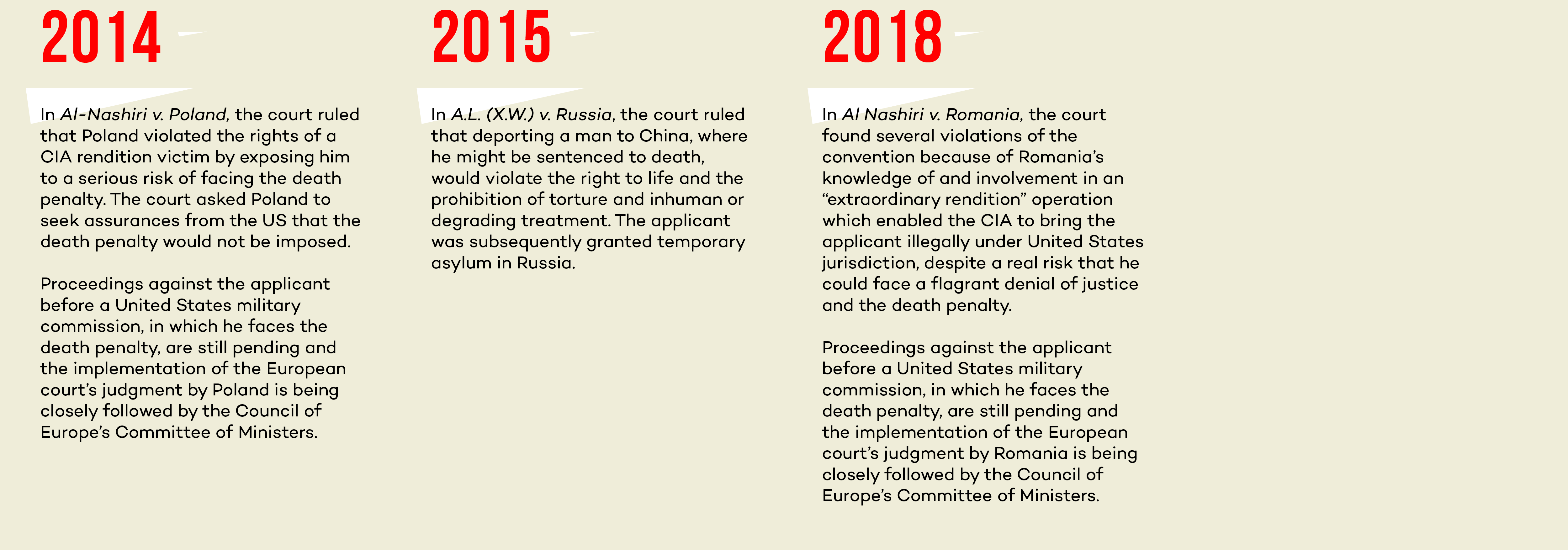
A former resistance fighter arrested by the Gestapo, he started out as a communist and joined the social-democratic party after the war. In 1960, he became Minister of Justice under Chancellor Julius Raab. The issue of the death penalty came to the forefront of the work of the Council of Europe under his momentum.
To celebrate the 25th anniversary of the ECHR1 , the Committee of Ministers of the Council of Europe adopted a "Declaration on Human Rights" on April 27, 1978. However, the Austrian abolitionist considers that there is one important area in which the ECHR has not yet led to its concrete application: that of capital punishment. Article 2 contains a threat of the death penalty, since it states that "Death shall not be inflicted on anyone intentionally, except in execution of a sentence of death pronounced by a court of law in case the offence is punishable by death. Broda is moved by this. In his view, the death penalty is nothing less than inhuman and degrading treatment: "The spirit of the Convention already excludes the use of capital punishment. We must simply decide to follow its principles to their logical conclusion". Therefore, Article 2 should be repealed or amended. Especially since Broda considers that "the European democratic states united in the Council of Europe, which base their commitment on common values, have for many years been an example and a model for the whole world in the international protection of human rights and will have an essential role to play in this respect. The Council of Europe's pioneering role in the abolition of capital punishment had already been confirmed: "Nowhere can stronger impulses come from than from us, who subscribe to the obligations imposed by this great achievement, the European Convention on Human Rights". On June 21 and 22, he presented a note2 in Copenhagen which he concluded with a request for general abolition. He proposed to re-examine the European legal principles. He wanted the possibility of introducing an obligation to abolish capital punishment to be considered. But beyond abolition, it is also the impossibility and no reinstatement of the supreme punishment that is emphasised. With regard to the reluctance within the Council of Europe, Broda stigmatises the still very timid discourse of those who fear terrorism and think that the death penalty is one of the answers to this scourge: "Who could ignore the difficulties and obstacles that stand in the way of a total abolition, throughout the world, of the death penalty? The emphasis is on terrorism, which has now also reached European countries, and it is considered inappropriate to take the initiative to abolish the death penalty. This is precisely the time not to respond to barbarism with barbarism. The only appropriate response is not to punish with capital punishment those who "are capable of putting expressions like ″death sentence″ and ″execution″ on the front pages of newspapers".
Christian Broda expresses a reminder that is both Europeanist and national, which in this case serves as an example for a common cause: "In 1968, the Austrian parliament put an end to the historic controversy over the death penalty in our country by unanimously enshrining the absolute prohibition of capital punishment in the constitution. The Federal Republic of Germany, Finland, Iceland and Sweden have also purged their penal codes of any mention of the death penalty and Denmark has recently followed their example. He defines himself as an abolitionist because he is a Europeanist and a survivor of a war that brought him "courts martial and military tribunals, executions without trial and concentration camps, death camps and the ″legal″ execution of death sentences". He wants to see a new international standard set: "An initiative at the European level to abolish the death penalty and prevent its reinstatement could be a message that would be heard around the world."
The writing of the reports, the time for agreements between parties, the adoption of the texts, all this took 6 years. Twelve States3 signed Protocol No. 6 on April 28, 1983. It entered into force on March 1, 1985 and makes the abolition of the death penalty a legal obligation for the signatory states of the ECHR.
In 1986, Christian Broda received the Human Rights Prize of the Parliamentary Assembly of the Council of Europe.
Marie Bardiaux-Vaïente
[1] European Convention on Human Rights.
[2] Christian Broda, "Plaidoyer pour l'abolition de la peine de mort", Forum, Council of Europe, fourth quarter, 1978, Strasbourg.
[3] Austria, Belgium, Denmark, France, Germany, Luxembourg, the Netherlands, Norway, Portugal, Spain, Sweden and Switzerland.
- BOOK
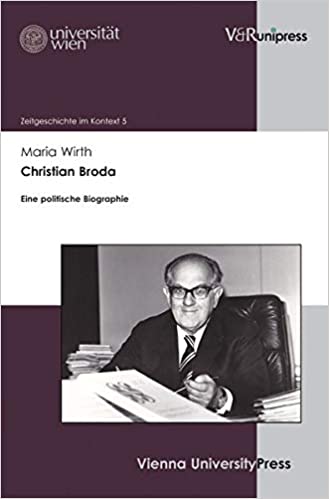
Christian Broda, Eine politische
Authors: Maria Wirth
Publication Date: 2011
Edited by: V&R unipress
Christian Broda (1916 1987), with 19 years at the helm of the Austrian Ministry of Justice, is one of the most influential politicians in the Second Republic. His name is primarily associated with the major legal reforms in the SP unity government under Bruno Kreisky, and he played a role in a variety of other policy areas and domestic conflict situations. He has become known beyond Austria in particular for his fight for the worldwide outlawing of the death penalty. For the first time, Maria Wirth traces Broda's life and work as a politician with a focus on legal, media, and democratic policy, dealing with the Nazi past, and human rights policy. At the same time, Broda is anchored in the discourse of the Second Republic, where he was repeatedly the subject of heated public and political debates, both because of his biography, such as his communist youth, and because of his politics, especially his "vision of a prison-free society.
- movie

A hidden life
Directed by: Terrence Malick
Genre : Drama
Release date: 2019
Franz Jägerstätter, an Austrian farmer, refused to fight on the side of the Nazis. Convicted of treason by the Hitler regime, he was sentenced to death. But driven by his unshakeable faith and his love for his wife, Fani, and children, Franz remains a free man. A Hidden Life tells the story of these unsung heroes.


